How the young brain responds to shame…
When we are told “no!” or “hey stop!”, even as adults, we feel the experience of mild shame. For some of us, a rush of adrenaline makes us feel “flight or fight.” Our ability to hear an important message declines rapidly. It's not comfortable. Mild shame is nature's way of helping us rein in our impulses so we can stay safe, live well with others, and even attain our goals. Dan Siegel calls it the prefrontal cortex clutch, because it allows us to shift gears from pursuing something we want, to redirecting ourselves to something we want more -- for instance, not to disappoint our parent, or not to be stared at in church because we're making inappropriate noise. All kids need to develop that ability so they can self-regulate.
How do kids develop this internal clutch to shift gears? It's neural wiring, so it takes repeated experience in the brain. Every time you set an empathic limit that your child decides to follow, you're helping him practice.
"You love running! But the kitchen is not safe for that. Let's go outside where you can run safely." What does the child learn? His impulse to run is fine. Mom and Dad can be relied on to guide him, and to help him switch gears. The child turns and climbs into the parent's arms. (This is probably not the first time he's heard this, so it takes great patience from the parent. But sooner or later, he hears their voice in his head as he begins run, and he stops. You might think of it as the beginning of conscience, and self-discipline.)
What if, instead, the parent said: "You know better than to run in here! Can't you stop giving me trouble for one minute?" What does he learn? He's naughty, bad, and a source of trouble for his parents. The things he wants to do are bad. Exploring is bad, running is bad. He should be different; he's not good enough the way he is.
He hears the No. And he feels the mild shame that is the biological result of reining in his impulses. But now that shame is all mixed up with the feeling of being a bad boy who is trouble for his parents. He can't bear that feeling, so he climbs away from them, higher.
Does he WANT to switch gears, to "listen"? Not really. He's already given up on pleasing his parents. Sure, they can haul him out of the kitchen (and all of us will, since this is a safety issue), but he isn't CHOOSING to follow their lead. So he isn't actually building the neural wiring he needs to switch gears.
When a kid is yelled at critically, he's overwhelmed with shame. But that feels so unbearable that he'll do anything not to feel it. Instead of showing remorse, he goes numb. Or he lashes out in anger. Instead of taking responsibility for his actions, he blames others. Instead of internalizing the limit his parent set for him -- "That's not okay to do; here's what you can do instead" -- he rebels against that developing voice of conscience in his head and becomes defiant.
Notice that this shame that manifests as defiance comes from both the criticism and the punishment. We can also create shame by ridiculing kids for their feelings or actions, or by making them feel that something about them isn't good enough. These are all common ways we try to "teach" kids -- by shaming them.
Of course, we can't let our child run where it's dangerous. And kids are exuberant and strong-willed; they don't always obey our commands, no matter how hard we try to stay connected. So how can we get them cooperating without creating shame?
Resist the urge to ridicule, guilt trip, or shame in small ways that seem "harmless.”
Many of the ways we "guide" children are actually designed to provoke shame. That includes any negative judgment about:
Who the child is: "You'd lose your head if it wasn't glued on!"
What the child wants: "You just want more, more more! You have a whole room full of toys, isn't that enough for you?"
What the child feels: "You do not hate your brother; don't say such terrible things!"
Instead, just empathize and set a limit without judging or criticizing.
"You lost your jacket? Oh no! Let's think about where you could have left it. And let's figure out a way for you to check whether you have all your things before you leave someplace."
"That toy looks pretty cool. You really wish you could have it. Sweetie, we're not buying toys today. We can write it on your birthday list and maybe you can have it then, if it's still what you want most."
"Sounds like something happened that made you furious at your brother."
Just SLOWING down and catching your anger, will go far with healthy parenting. There will be more to follow on healthy parenting from us here at The Edge, so continue to follow our posts!
